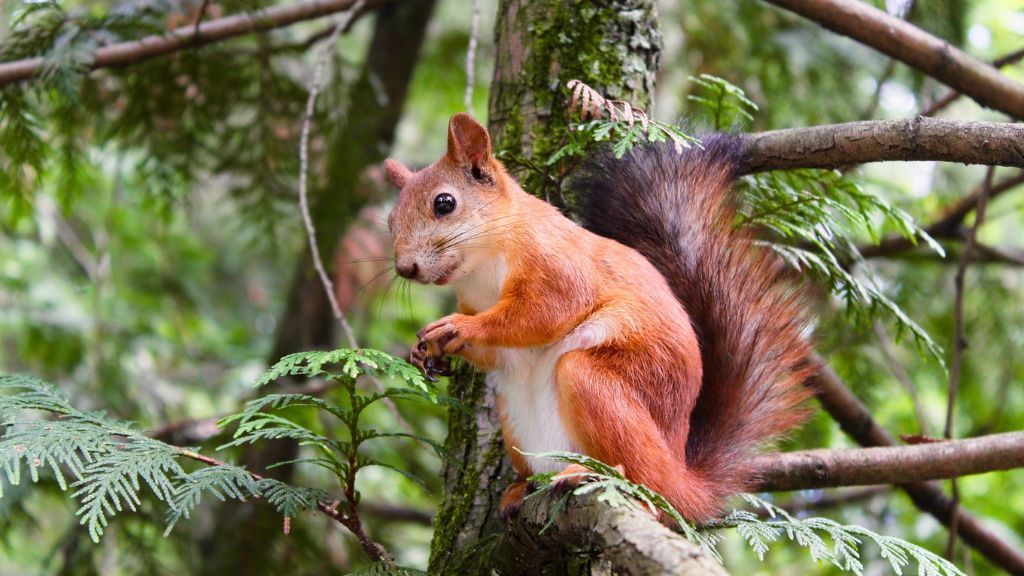News | October 6th, 2023
Autumn Wildlife at Blessingbourne
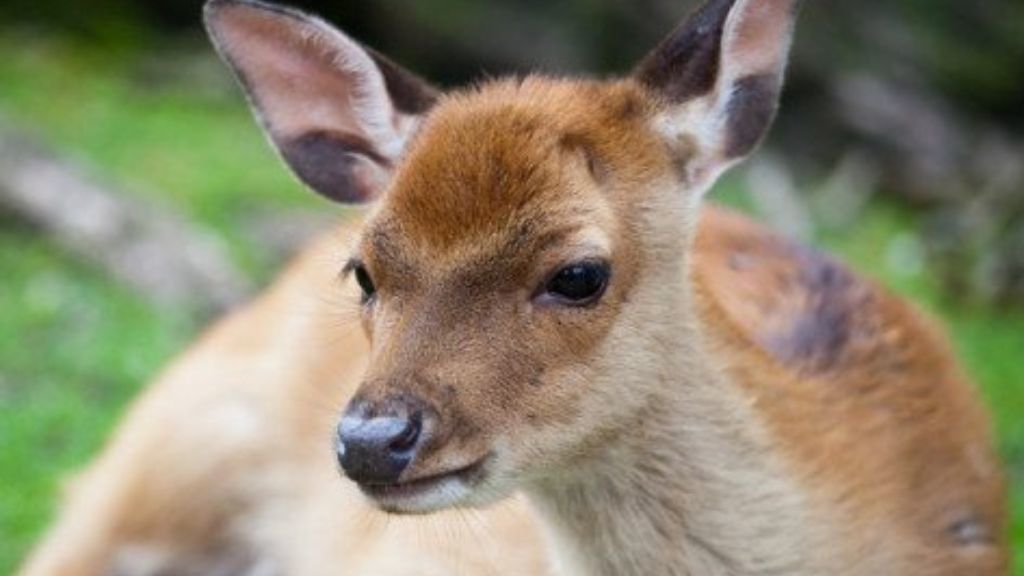
As the crisp autumn air sweeps through Blessingbourne Estate, it brings with it a vibrant tapestry of wildlife, ready to captivate nature lovers and families alike. From the elusive red squirrels to the majestic deer, Blessingbourne is a haven for a diverse array of creatures, each with its own unique charm.
Here, we reveal some of the beautiful wild animals you can see throughout the Autumn months and beyond.
Autumn Wildlife Spotting at Blessingbourne Estate
Red Squirrels:
Red squirrels hold a special place in the hearts of nature enthusiasts. While their populations have faced challenges, Blessingbourne is one of the fortunate places where they still thrive. The family of squirrels at the Estate, including the boisterous Trevor the Squirrel, are growing in numbers.
With their bushy tails and tufted ears, red squirrels are a delightful sight to behold. Keep your eyes peeled among the ancient oaks and towering beech trees while on a walk or the Mountain Bike Trails. The squirrels are most active during the day, scampering from branch to branch in search of their next meal.
Kingfishers:
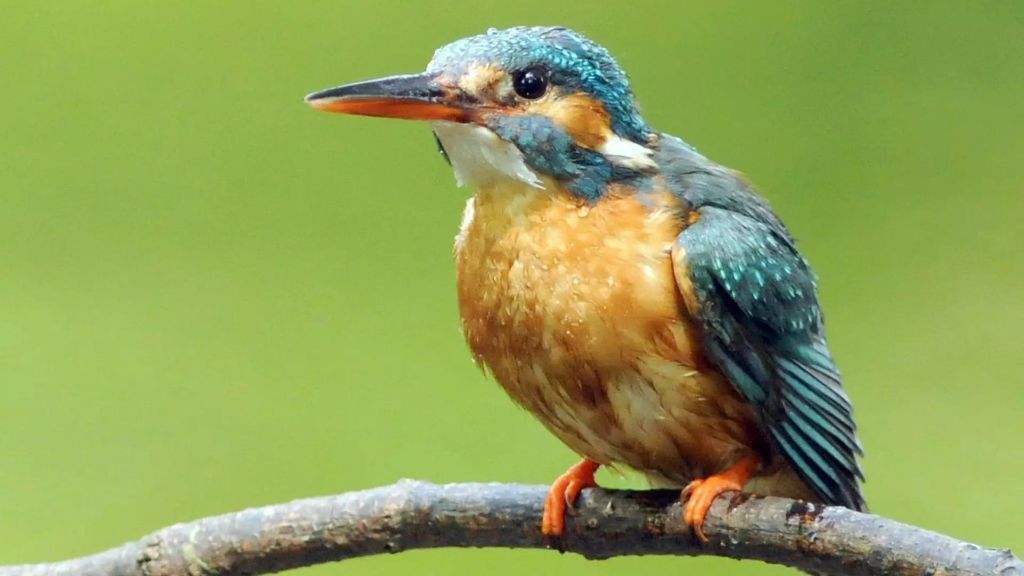
Photo credit: Birdwatch Ireland
While kingfishers are not exceedingly rare, their vivid presence is always a cherished sight for visitors to Blessingbourne. The beautiful bird is known for its vibrant blue and striking appearance – once you see one you will know straight away that it’s a kingfisher.
The kingfishers are most active around dawn and dusk, and you are most likely to see them around the water at the estate diving for fish or chilling at the water’s edge.
Sika Deer:

Dawn and dusk are the optimal times for sika deer encounters who happily roam the grounds and can be seen hiding in the forest.
Bees:
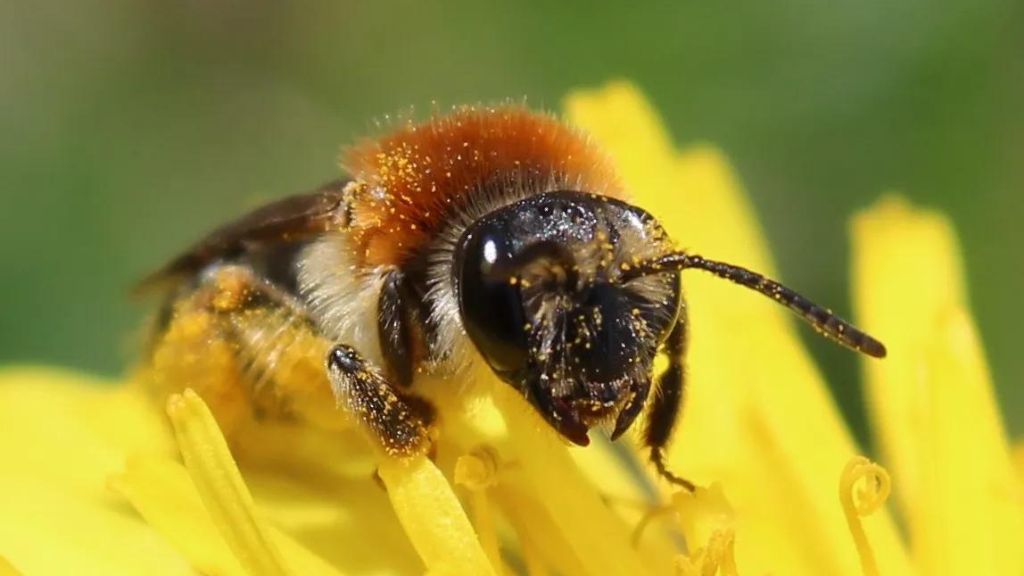
Photo credit: The Irish Naturalist
Bees, while abundant, are essential players in the ecosystem, and their conservation is of paramount importance. Explore the gardens and meadows of Blessingbourne, where bees diligently go about their vital work of pollination. Although bees are most common in Spring, you will still see them going about their work in Autumn.
Mallard and Teal Ducks:
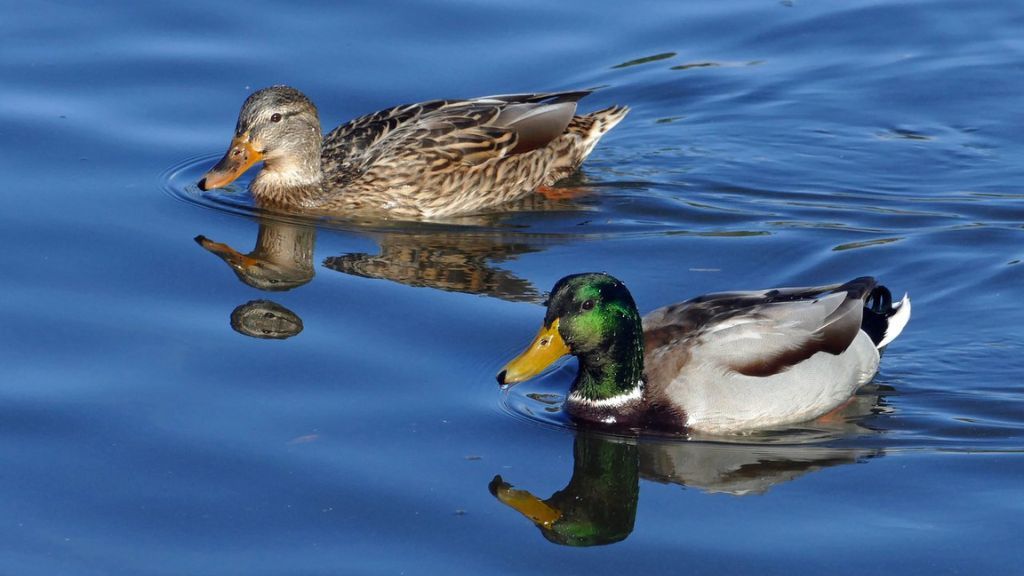
Teal ducks are smaller in size, with distinctive chestnut-coloured heads and vibrant green eye patches, whereas Mallards are known for their electric blue heads.
“Ducks never stay long on Lough Fadda as the weed growing on the Lough is not overly suitable to the duck’s diet. They often move on quite quickly.” – Colleen Lowry: Owner of Blessingbourne Estate.
Swans:
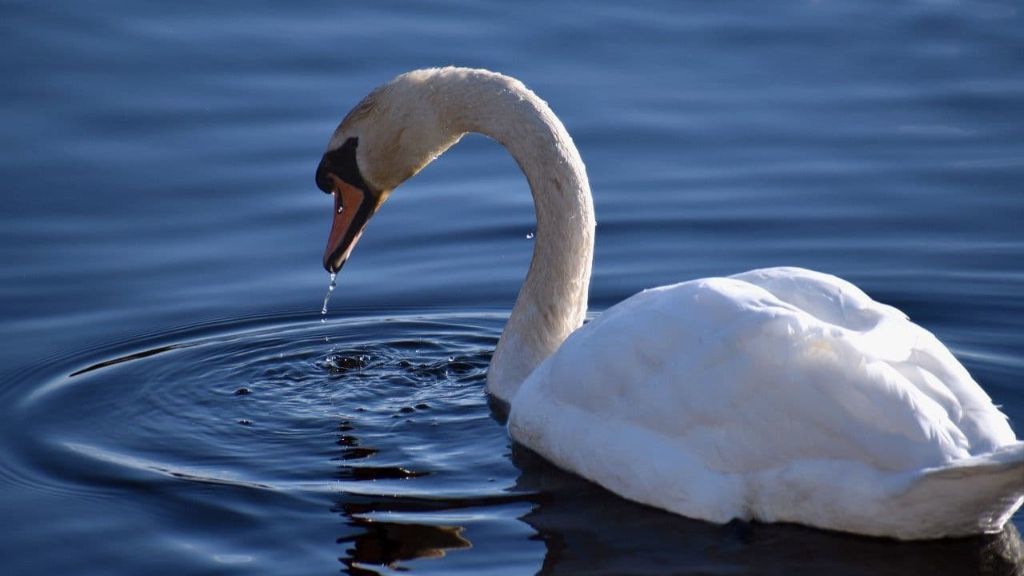
Photo Credit: Natasha Ellison Photography
The swans at Blessingbourne, with their long necks and pristine white feathers, exude an air of elegance and grace. Glide along the shores of Lough Fadda at Blessingbourne, and you’re likely to encounter these majestic birds, moving with effortless poise.
Swans are a cherished sight in Irish lakes and waterways and their presence is always a captivating one.
Irish Hare:
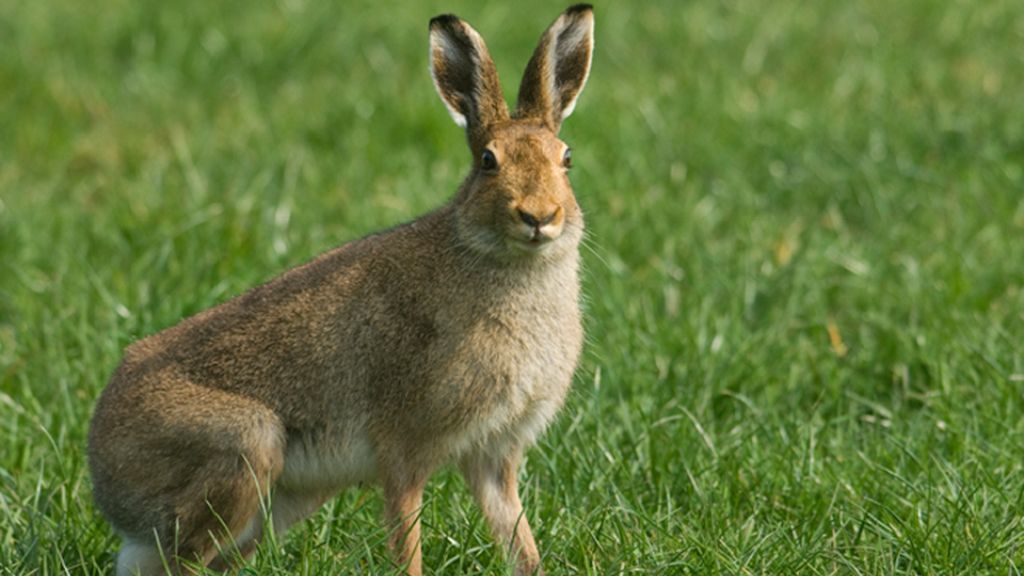
Photo credit: Independent.ie
The Irish hare is a native species and holds a special place in Ireland’s natural heritage. You will be very lucky to spot one at Blessingbourne due to their elusiveness but keep an eye on the open fields and meadows that provide the perfect stage for the Irish hare to showcase its incredible speed and agility.
Otters:
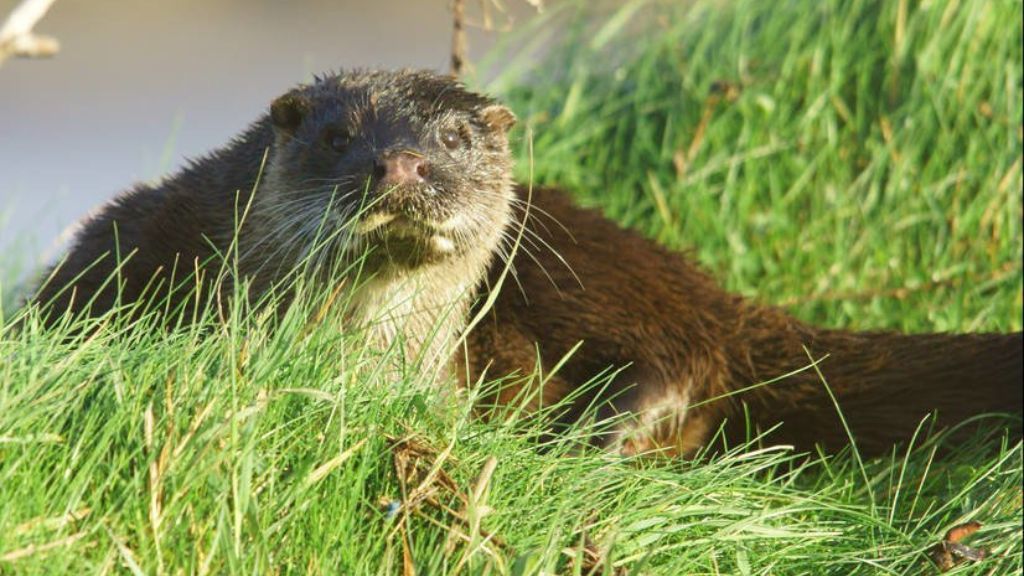
Photo credit: Ireland’s Wildlife
Otters are a cherished sight for wildlife enthusiasts, and their presence in Irish waterways is a testament to the health of the ecosystem. The sleek, aquatic mammals with dark fur and webbed feet, perfectly adapted for life in the water.
Otters often pass through Blessingbourne Estate and tend not to hang around, however, if you are to see them, keep an eye on the banks of the lake which is their ideal habitat.
Conclusion:
Blessingbourne Estate offers a symphony of Autumn wildlife, each note harmonizing perfectly with the changing seasons. Come, be a part of this natural masterpiece. Plan your visit today and let the wonders of Blessingbourne unfold before you.
For more details about wildlife at the estate or if you have any questions about visiting our self-catering accommodation in Fivemiletown, contact Colleen today.
P.S., if you love your pets as much as the wildlife on our island, take a look at our guide to pet-friendly holidays at Blessingbourne.
